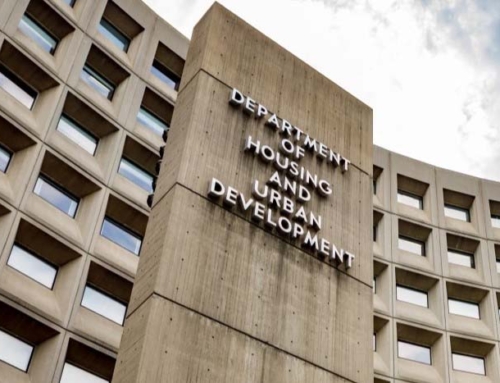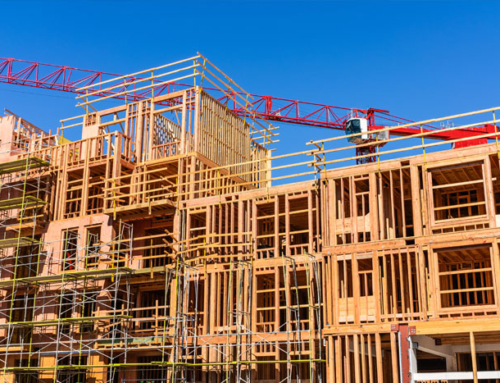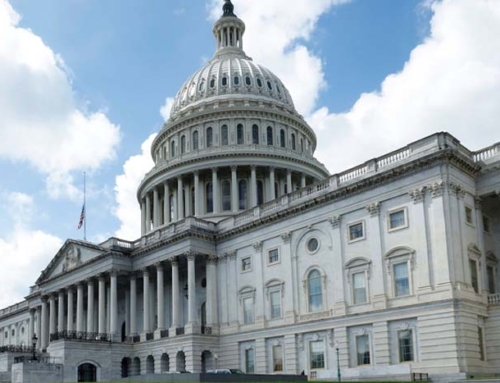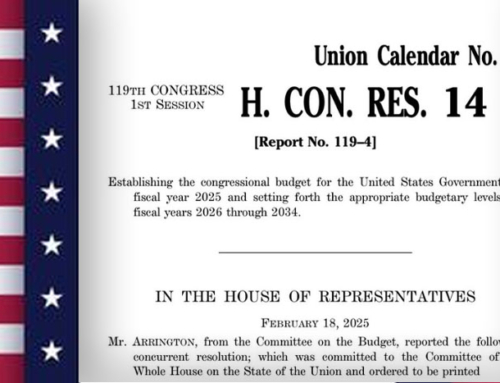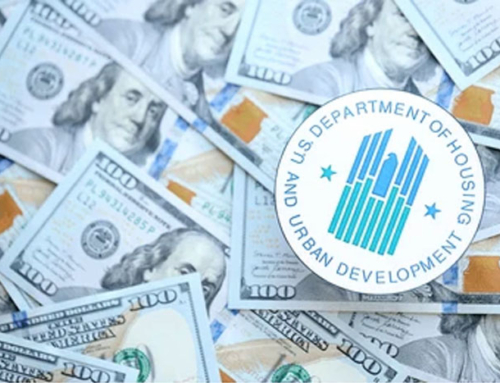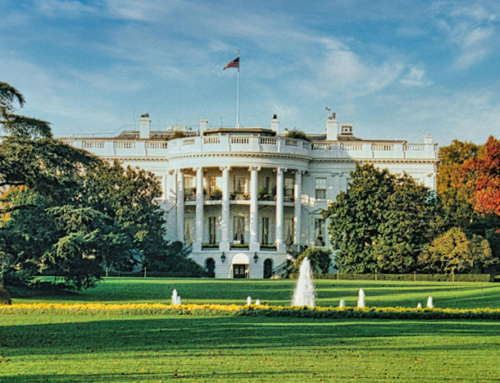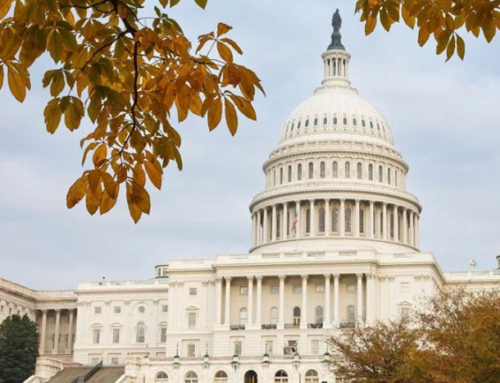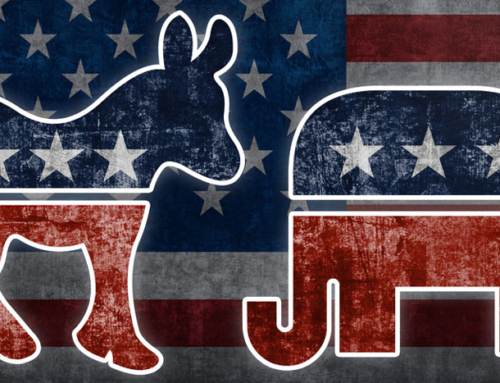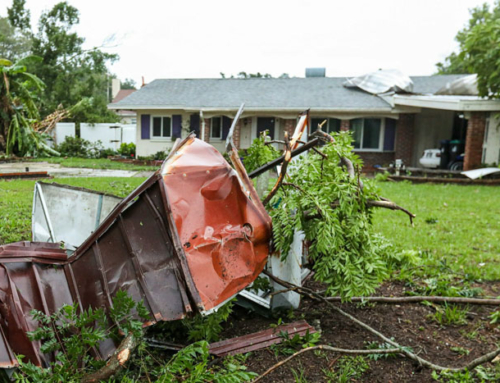Updated July 8, 2025
The Federal Reconciliation Bill – or “One Big Beautiful Bill”- to finalize spending for Fiscal Year (FY) 2025 was signed into law on Friday, July 4, following frenzied negotiation in the House and Senate. The bill includes key bipartisan low-income housing tax credit (LIHTC) provisions in addition to controversial cuts to vital safety net programs. Meanwhile, the FY 2026 Transportation, Housing and Urban Development (THUD) proposals continue to be delayed, leaving housing and homelessness policymakers in the dark regarding multiple programs.
The “One Big Beautiful Bill” for FY 2025 includes two key bipartisan LIHTC provisions, a major victory for affordable housing advocates:
- A restoration of the 12.5% increase in 9% LIHTC allocations that expired in 2021, allowing more affordable housing production and preservation
- A reduction in the 50% bond financing threshold for housing developments to receive 4% LIHTC, enabling states to use their bond authority more efficiently. The 50% bond financing test requires housing projects to have at least 50% of development costs financed by tax-exempt bonds to receive their full allocation of 4% LIHTC; reducing the threshold to 25% would enable developments to obtain tax credits more easily.
These provisions could boost affordable housing production and preservation by at least 1.14M homes over 2025-34. Unfortunately, the bill includes aggressive cuts to Medicaid, food stamps, and clean energy funding. The bill is estimated to raise the federal deficit by $3.9T over the next decade, according to the Congressional Budget Office.
Meanwhile, appropriators in the House and Senate are still in the process of drafting their funding proposals for FY 2026. The House Appropriations THUD Subcommittee is expected to release the text of its THUD bill in early July and has scheduled a review, otherwise known as a “markup,” of the bill for July 14, with a full Committee markup scheduled for July 17. Senate Appropriations Committee Chair Susan Collins (R-ME) and Vice Chair Patty Murray (D-WA) are reportedly still discussing topline spending agreements and a schedule for markups.
If Congress does not pass a final appropriations bill by October 1, when FY 2026 begins and the previous appropriation bills expire, Congress must utilize continuing resolutions to extend this timeline.
© LeSar Holdings/LeSar Development Consultants. All Rights Reserved. Please be advised that any republishing of copyrighted material provided by our organization, in whole or in part, requires prior written authorization. For permission, please reach out to [email protected]. We appreciate your understanding and compliance in upholding copyright laws.



